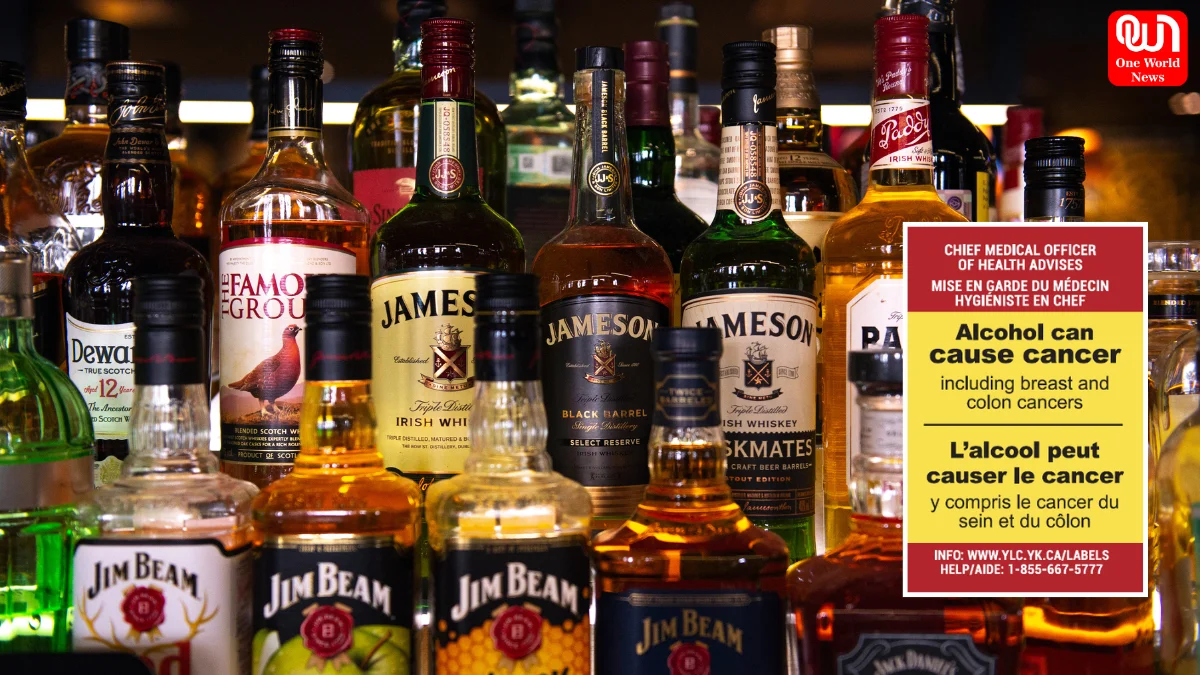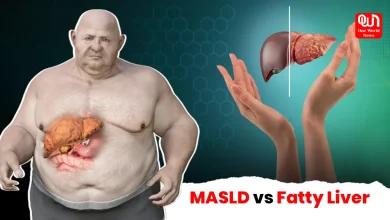Should alcoholic beverages have cancer warning labels?
Explore the debate: Should alcoholic drinks feature cancer warnings? Delve into science, ethics, and societal impact in this nuanced examination.
Clearing the Fog: Advocating for Cancer Warning Labels on Alcoholic Beverages
Alcoholic beverages have long been ingrained in human culture, celebrated in social settings, and enjoyed for their diverse flavors. However, amidst the conviviality lies a stark reality: the potential health hazards associated with excessive alcohol consumption, including its link to cancer. As the discourse around public health deepens, the question arises: Should alcoholic beverages carry cancer warning labels? This contentious issue demands exploration through multiple lenses, considering scientific evidence, public health priorities, and the broader societal impact.
Understanding the Risks: Alcohol consumption has been linked to various types of cancer, including but not limited to liver, breast, colorectal, and esophageal cancer. The carcinogenic properties of alcohol are well-documented, with research highlighting how ethanol and its metabolites can damage DNA, interfere with cell replication, and promote tumor growth. Despite this knowledge, many consumers remain unaware of the cancer risks associated with alcohol, underscoring the need for enhanced awareness campaigns and preventive measures.
Read more: Unlock Celebrity Glam: 4 Celebrity-Inspired Hairstyles You Can Try At Home
The Role of Warning Labels: Introducing cancer warning labels on alcoholic beverages serves multiple purposes. Firstly, it empowers consumers to make informed choices about their health. Just as cigarette packages display warnings about smoking-related health risks, alcohol products should provide clear and conspicuous information regarding their potential to contribute to cancer development. Such labels serve as a constant reminder of the health consequences associated with excessive alcohol consumption, prompting individuals to consider moderation or cessation.
Secondly, warning labels can mitigate liability concerns for alcohol manufacturers and distributors. By transparently communicating the risks, they fulfill a duty of care to consumers, potentially shielding them from legal ramifications in cases of alcohol-related health complications. Moreover, proactive labeling demonstrates corporate social responsibility, signaling a commitment to public health and ethical business practices.
Challenges and Controversies: Implementing cancer warning labels on alcoholic beverages is not without its challenges. Opponents argue that such labels may disproportionately stigmatize alcohol consumption, exacerbating social tensions and alienating individuals who enjoy alcohol in moderation. Additionally, there are concerns about the efficacy of warning labels in altering behavior, especially among habitual drinkers or those predisposed to alcohol dependency. Critics suggest that broader educational initiatives and targeted interventions may be more effective in addressing alcohol-related health issues.

Furthermore, there is the question of regulatory oversight and industry resistance. Alcohol manufacturers and lobbyists may push back against labeling requirements, citing potential impacts on sales and market competitiveness. Balancing public health objectives with economic interests necessitates careful deliberation and collaboration between policymakers, health experts, and industry stakeholders.
Navigating Public Perception: Public perception plays a crucial role in shaping the effectiveness of cancer warning labels on alcoholic beverages. Cultivating a culture of health literacy and responsibility requires proactive engagement with diverse communities, addressing misconceptions, and dispelling myths surrounding alcohol consumption and its associated risks. Education campaigns, media outreach, and grassroots initiatives can complement labeling efforts, fostering a nuanced understanding of alcohol’s impact on individual and societal well-being.
Read more: Hair Trends 2024 – Hairstyles And Hair Colors To Try This Year
Moreover, framing the discourse around harm reduction rather than prohibition is essential for fostering constructive dialogue and garnering widespread support. Emphasizing the importance of moderation, responsible drinking practices, and support resources for those struggling with alcohol misuse reinforces the message of empowerment and personal agency in promoting healthier lifestyles.
We’re now on WhatsApp. Click to join.
Conclusion: In the complex landscape of public health policy, the question of whether alcoholic beverages should carry cancer warning labels remains contentious. While proponents argue for the ethical imperative of transparent communication and risk mitigation, opponents raise concerns about unintended consequences and the limitations of labeling as a sole intervention. Navigating these divergent perspectives requires a multifaceted approach, grounded in scientific evidence, ethical considerations, and stakeholder collaboration. Ultimately, the goal is not only to inform but also to empower individuals to make choices that prioritize their well-being and contribute to a healthier society.
Like this post?
Register at One World News to never miss out on videos, celeb interviews, and best reads.








